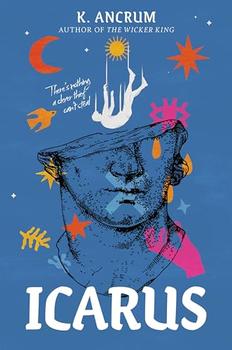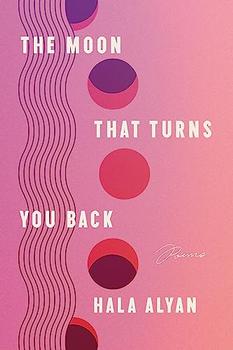Summary | Excerpt | Reviews | Beyond the Book | Readalikes | Genres & Themes | Author Bio

 Book Reviewed by:
Book Reviewed by:
Christine Runyon
Buy This Book
Even though humans are only at the beginning stages of our attempts to communicate with other species, spacefaring civilizations should have something in common with humans. To find other civilizations and correspond over cosmic distances, they'd need to understand how the cosmos works. And while humans have employed many methods to do that—from reading tea leaves to random guessing—there is only one accurate way to figure out how planets move and how spacecraft and radio signals operate: the scientific method. The scientific method is brutal in that it does not care what you hope to find, but that is also its greatest strength: with new facts, new ideas emerge and replace outdated notions. It forces you to find reliable information—a key any species would need in order to discover new planets and to send or search for messages, let alone invent safe means of space travel to get there.
Here Be Bananas, Aliens, and Dragons
I once began a lecture in my introductory class by holding up a banana and asking my students, "Could this banana be an alien?" Let me be clear: I don't think a banana is an alien—or at least I think it is extremely, extremely unlikely. But a banana was the only unusual object I could find in my backpack, and I wanted to make a point. How do we really know if something is an alien or not?
To find life in the cosmos, we need to stretch our minds and search at the limits of technology. Not only do we need to work at the edge of knowledge, but we must ask the right questions and overcome our own biases. The human brain has evolved to spot patterns—a great evolutionary trait for people who were once hunted as prey. If your ancestors spied hungry lions hidden in tall grass before the lions sneaked up on them, they survived. If there were a few false alarms and a bit of energy wasted in fleeing unnecessarily, that was not as bad as being surprised by lions on the prowl. So our ancestors learned to recognize the presence of predators by the smallest changes in the environment—bending grass, a sudden eerie quiet, or slight movement in the bush. Many tiny signals together could alert them to danger. That ability to discern patterns is still useful, but it can also make us think we see things that are not actually there.
Take, for example, the human face many people thought they recognized in some old NASA images of a rock formation in the Cydonia region of Mars. This led to endless wondering about whether aliens had left us a message inscribed in the Martian landscape. But isn't it curious that it was a human face and not, say, the face of a dog or a panda? Perhaps that revealed an unconscious hope that aliens were just like us. Clearer photos later showed that these Cydonia rocks could be mistaken for a face-like image only at low resolution and when the sunlight hit them just right. But the episode serves as a helpful reminder that our species' ability to see patterns can be misleading when we try to make sense of new information. One of the advantages of the scientific method—or disadvantages, depending on whom you ask—is that it requires you to accept what the nineteenth-century British biologist Thomas Henry Huxley called "the great tragedy of science—the slaying of a beautiful hypothesis by an ugly fact."
Asking the right questions helps us determine what is a real pattern and what is just random noise. Let's return to my banana and start asking questions. What is the banana made of? Where did it come from? Does it resemble other items we are familiar with? Does it share chemical or genetic properties with other recognizable Earth objects? Does it behave in a novel way? As it turns out, we know from hundreds of years of agriculture where bananas grow, we know that they have grown on Earth for a long time, and we know how they evolved on our planet. So we can be pretty sure that bananas are not aliens, and we can use the same thought process to determine that neither you, me, nor your coffee cup is an alien. However, other claims are not so easily dismantled.
Excerpted from Alien Earths by Lisa Kaltenegger. Copyright © 2024 by Lisa Kaltenegger. Excerpted by permission of St. Martin's Press. All rights reserved. No part of this excerpt may be reproduced or reprinted without permission in writing from the publisher.




Your guide toexceptional books
BookBrowse seeks out and recommends the best in contemporary fiction and nonfiction—books that not only engage and entertain but also deepen our understanding of ourselves and the world around us.